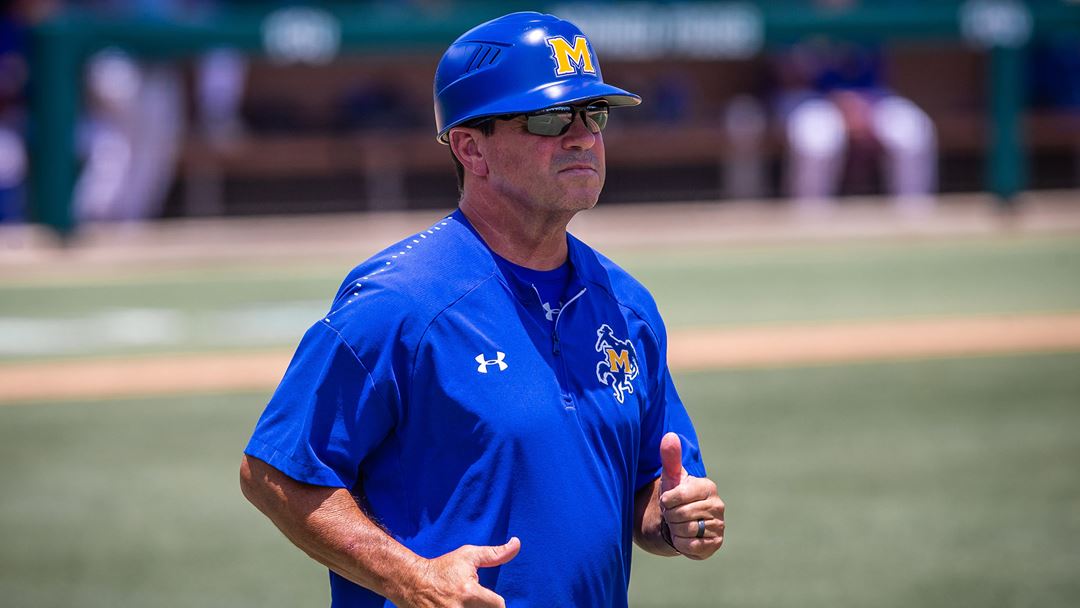Childhood education gets state funding
Published 6:00 pm Friday, July 5, 2019
Advocates for early childhood education (birth to age 3) have made a great case for state funding for the program, and some progress was made at the recent legislative session. However, providing the $86 million needed is going to take more time.
Legislators approved $20 million for early education at the session. About $8.9 million of that will pay for 1,400 more babies and toddlers to receive funds from the Child Care Assistance Program. The program provides financial assistance to low-income families while they are working or attending school.
Another $2.3 million will support a federally required increase in the amount of money participating families receive. The remaining $8.8 million will fill the void of an expiring federal grant.
Despite the gains, supporters say it isn’t enough. The Advocate said John White, state superintendent of education, made an impassioned plea for more funding.
“Can we honestly say that every child out there in Louisiana … has a place that is warm, that is caring, that is challenging, that is comforting, that is healthy, that is educational?” White asked.
The newspaper said childhood education advocates note that more than 3,000 families are still left waiting for subsidized spots in child care centers around the state. It said another 173,000 more children would likely qualify for the service if they applied.
Benefits of the program are well established. Research shows for every $1 invested in high-quality early care, the state receives a $7.30 return on investment. That is because children in high-quality early education programs are less likely to be held back in school, drop out before high school graduation or end up in jail.
In light of gubernatorial and legislative candidates running for election this fall calling for budget and tax cuts, getting more state funding is a high hurdle to climb. However, those candidates should be pressed on whether they think early childhood education would be a better alternative.
What advocates shouldn’t overlook is the fact the funding early childhood education got this year marks the first time the state has invested directly in early education since the passage of Act 3 in 2012 that promoted the program.
White is correct when he says in order to keep moving in the right direction the state would likely have to create public-private partnerships and persuade local governments to invest dollars in early education. Both of those avenues might also be difficult to sell, but the results make it worth the effort.





